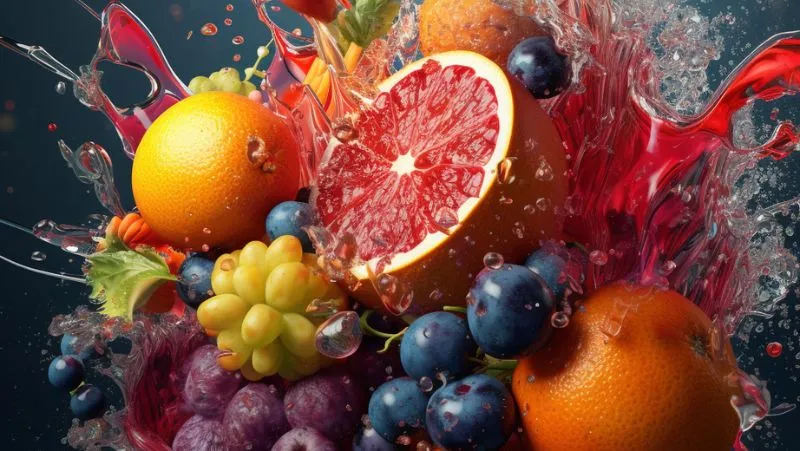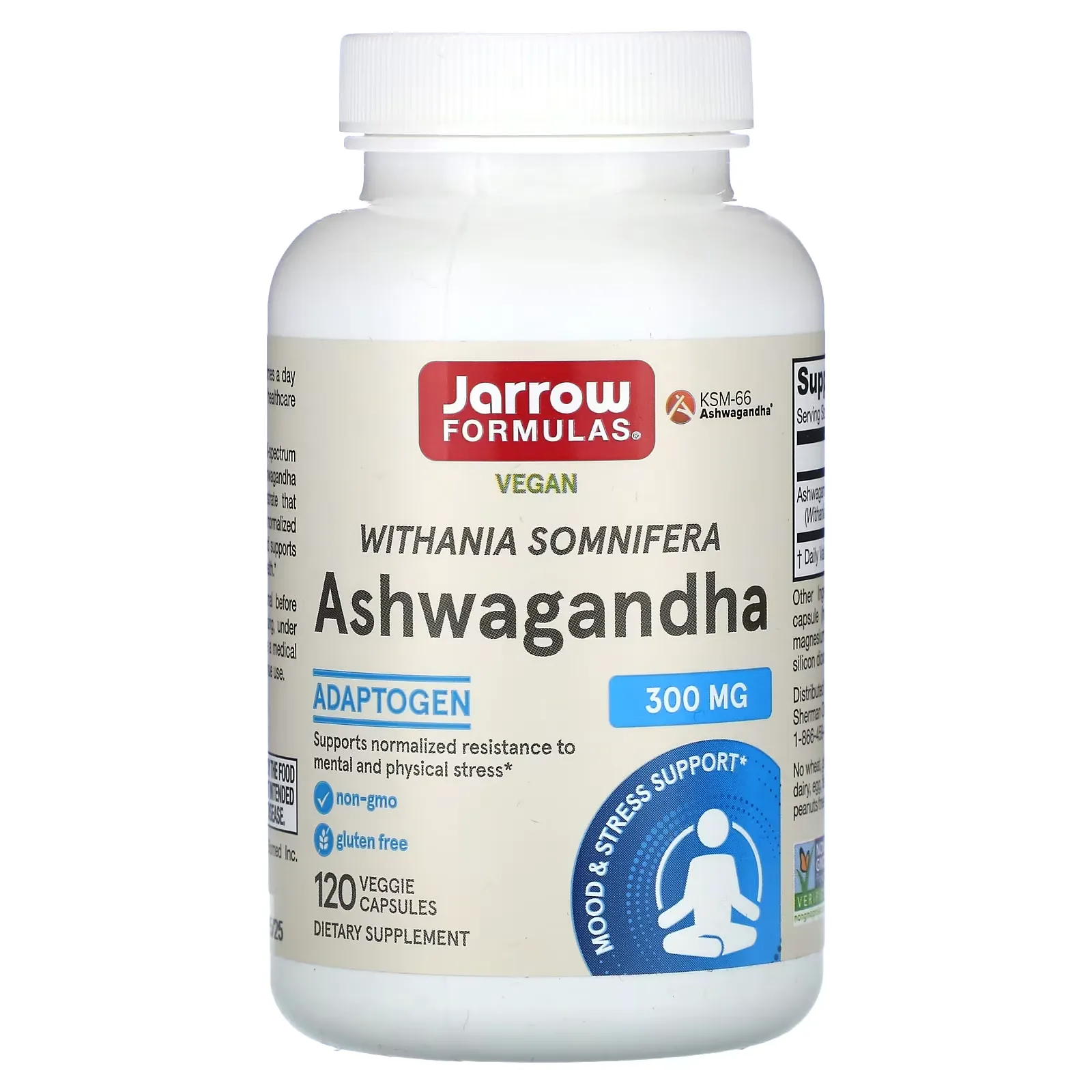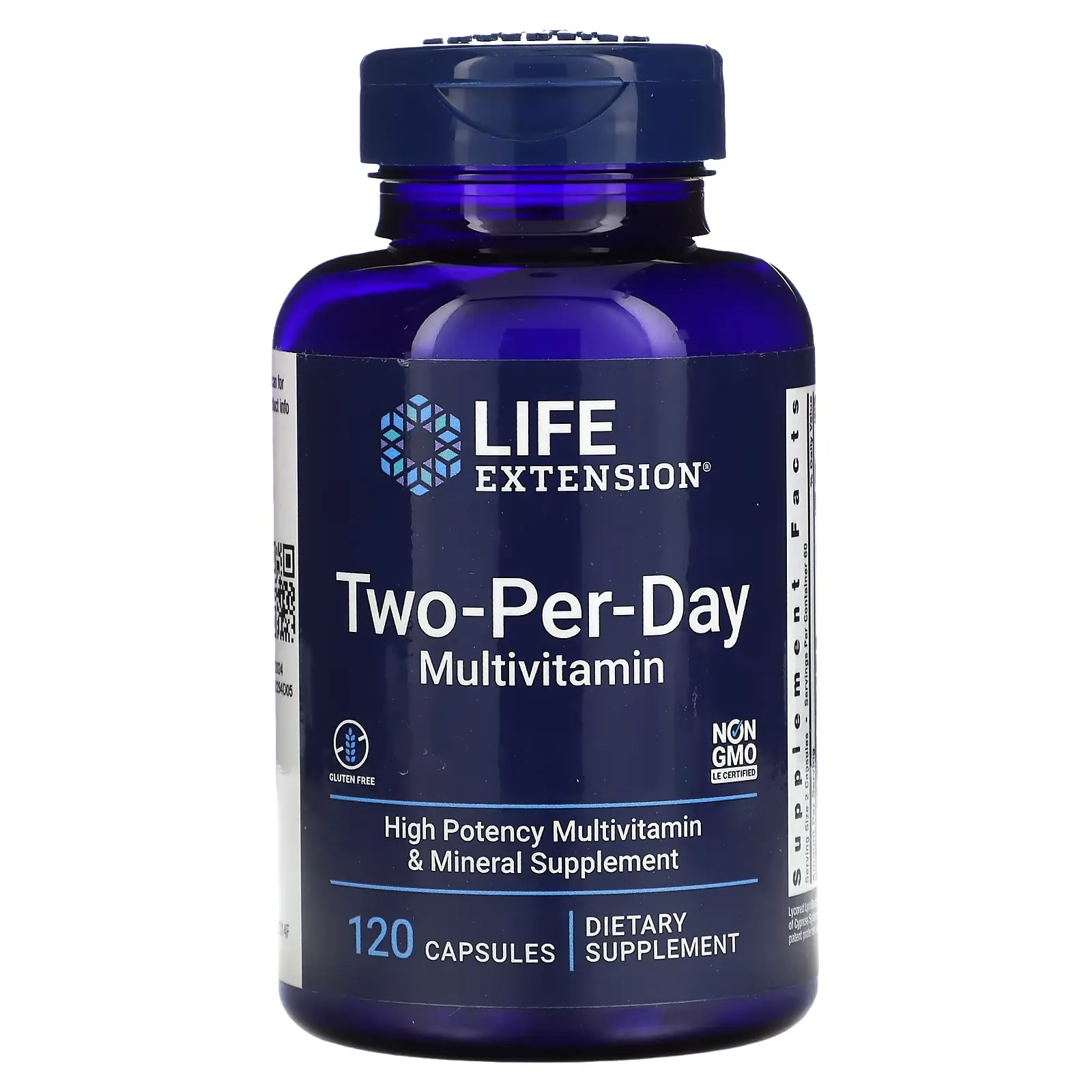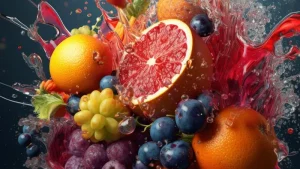Spoilers for this article
- antioxidant actionplays an important role in our health and beauty.When harmful chemicals called free radicals are produced in the body, they damage cells and tissuesPossibility.antioxidantneutralizes these free radicals and protects the bodyIt works.
- Foods andsupplementFrom.antioxidantingestion is implicated in health effects.For example, vitamins C and E, carotenoids, and polyphenols are powerfulantioxidant actionhave the following. Foods rich in these ingredients include berries, oranges, red oranges, tomatoes, spirulina, greenteaThese include
- antioxidant actionis also involved in cosmetic effects and improved exercise performance.Inhibits skin aging, blemishes, and hair damage, maintaining a healthy, youthful appearanceIt helps to Also, oxidation during exercisestressIt also improves performance by reducing the
"'Theantioxidant action antioxidant power Searching for 'what is'"
To protect against free radicals."antioxidantinto their daily lives."
."antioxidant powerIn short, I want to know what it is."
For this word, which frankly I don't understand.
."antioxidant action, ,antioxidant powerWhat is that?"The program is based on scientifically supported information for those who are interested in eating andsupplementingestion, and how to effectively engage in exercises.
Content directly related to preventing aging and keeping a young bodySo please read to the end.
Introduction.
General Description of Antioxidant Effects:.
antioxidant actionrefers to the ability to inhibit oxidative reactions in the body and protect cells from adverse free radicals.
Free radicals are unstable oxygen molecules that are produced in the process of our breathing and digestion,Causes cell damage, aging, and diseaseThis may be the case.
antioxidantis responsible for maintaining the health of the body by associating with these free radicals and suppressing their activity.
Purpose and Summary of this Article:.
In this article,antioxidant actionThe basic mechanisms and effects of the food andsupplementingestion by, as well as its impact on beauty and exercise.This section describes the following
antioxidant actionThis article also offers suggestions on how to make the most of the following in your daily life.
In addition, theantioxidant actionWe aim to provide comprehensive knowledge, touching on the latest research and misconceptions about
[Ref.]
What are antioxidants?
Definition and types of antioxidants:.
antioxidantinhibits oxidative reactions in the body and protects the body from free radicals.substance.
mainantioxidantcontains vitamin C, vitamin E, beta-carotene, minerals such as selenium, zinc and copper, polyphenols and flavonoids.
They are rarely produced by the body and should be obtained primarily from the diet.
Major foods in which antioxidants are present and their effects:.
Below,antioxidantThe following are examples of foods rich in
- Vitamin C:.
It is abundant in lemons, oranges, kiwis, and bell peppers. Prevents oxidation in the body,immunityThis has the effect of improving the - Vitamin E:.
Almonds, spinach, sunfloweroilIt is found in high amounts in foods such as It protects cell membranes and is believed to help prevent heart disease and cancer. - Beta-carotene
Found in carrots, squash, and sweet potatoes. It contributes to the maintenance of vision and skin health. - Polyphenols:.
greenteaIt is found in apples, blueberries, and red wine. It is effective in preventing inflammation and heart disease.
These from the diet.antioxidantin good balance contributes to the maintenance of good health.
[Ref.]
Biological and chemical mechanisms of antioxidant action
Formation of free radicals and their effects:.
Free radicals are unstable chemicals, including oxygen, that are produced by metabolic processes in the body and by the external environment (UV radiation, air pollution, etc.).
Free radicals have the property of taking electrons from other molecules to stabilize an unstable state.
This damages cellular components such as DNA, lipids, and proteins, which can lead to cellular dysfunction, aging, and various diseases (e.g., heart disease, cancer, neurodegenerative diseases).
How antioxidants interact with free radicals:.
antioxidantserves to prevent free radicals from stealing electrons from other molecules.
By binding to free radicals, it reduces their reactivity and prevents cell damage.
In addition, someantioxidantis also believed to have the ability to repair damaged cells.
antioxidantis oxidation in which free radicals are produced in excessstresscondition and play an important role in maintaining the health of the body.
[Ref.]
Antioxidant effects and health: scientific evidence
Health issues that may involve antioxidant effects:.
antioxidant actionmay be involved in the prevention of chronic diseases such as heart disease, cancer, and Alzheimer's disease.
These diseases are caused by oxidationstressand is deeply related to theantioxidantneutralizes free radicals and oxidationstressmay reduce the risk of these diseases by reducing the
Diseases that antioxidants may help prevent and why:.
- Heart Disease:.
antioxidantprevents oxidation of low-density lipoprotein (LDL) and contributes to the prevention of atherosclerosis. Also,antioxidantmay maintain vascular health and lower the risk of heart disease. - Cancer:.
Oxidative damage to DNA is considered a cause of cancer.antioxidantneutralizes free radicals, thereby preventing oxidative damage to DNA and potentially reducing the risk of cancer development. - Alzheimer's disease:.
oxidationstressis thought to play a role in the progression of Alzheimer's disease.antioxidantis oxidizedstressmay reduce the risk of Alzheimer's disease by reducing the
Above,antioxidant actionis associated with a number of health problems, and appropriateantioxidantintake may contribute to health maintenance.
[Ref.]
Antioxidant and cosmetic effects
Antioxidant effects on skin and hair health:.
antioxidant actioncan also have a significant impact on skin and hair health.
Free radicals are produced in the skin and hair by external UV rays and air pollution, resulting in skin aging and hair damage.
antioxidantis a good example of how theseNeutralizes free radicals and prevents cell damageThis contributes to the prevention of skin aging and the maintenance of healthy hair.
Antioxidant and Exercise Performance
Oxidative stress and antioxidants during exercise:.
During exercise, energy metabolism is activated and oxygen consumption increases.
antioxidantneutralizes these free radicals, prevents cellular damage, and helps maintain and restore athletic performance.
Also, in some studies,antioxidantThe intake ofmuscleIt has been shown to potentially contribute to reduced fatigue and improved exercise performance.
However, theantioxidantThe effectiveness of the "Mere Old Man" cannot be generalized, as it depends on the type, amount ingested, individual constitution, and other factors.
Optimal timing of training and antioxidant intake:.
Before and after exerciseantioxidantThe timing of ingestion of the "Mere Old Man" depends on its purpose.
Before Exerciseantioxidantoxidation during exercise by ingestingstressand maintain exercise performance.
On the other hand, after exerciseantioxidantand supports the repair of oxidative damage caused by exercise,muscleIt is expected to promote the recovery of
However, theExcessiveantioxidantintake may disrupt the body's natural oxidation-reduction balance and adversely affect performance.It should be noted that there are also
[Ref.]
Antioxidant intake and precautions
Dietary and Supplemental Intake:.
antioxidantcan be obtained primarily from foods such as fruits, vegetables, whole grains, nuts, and seeds.
In particular, vitamin C is found in citrus fruits and green vegetables, vitamin E in seeds and nuts, and beta-carotene in squash and carrots.
A varied diet will help to ensure that theseantioxidantin a well-balanced manner.
In addition, thesupplementis one way to do this, but basically it is recommended that they be obtained from a well-balanced diet.
ashwagandha (type of Indian cactus)It is strange for me to say this, but I am the operator of a promotional website for
supplementis best originally thought of as an adjunct under certain circumstances (e.g., certain medical conditions, high-intensity exercise, etc.) or when one is unable to obtain sufficient amounts from the diet.
Adequate intake and risk of overdose:.
antioxidantThe appropriate intake of "B" depends on the type, individual constitution, and lifestyle, so it is not possible to define a single amount.
However, excessive intake may upset the body's redox balance and conversely increase health risks.
In particular, thesupplementindicates certainty, emphasis, etc.antioxidantis ingested, care should be taken not to overdose.
In addition, someantioxidant(especially fat-soluble vitamins A, D, E, and K) can accumulate in the body and can cause intoxication if taken in excess.
[Ref.]
Misconceptions and Limitations of Antioxidant Action
Misconceptions and Scientific Debates on Antioxidant Action:.
antioxidant actionThere are some misconceptions and scientific arguments about the
One is,antioxidantis a misconception that is effective in the prevention and treatment of all diseases.
Indeed,antioxidantis responsible for protecting the body from free radicals, though,It does not have preventive or curative effects against all diseases.
In addition, theantioxidantIt is also important to understand that it is not always healthy to consume excessive amounts of
Recent studies on the effects of antioxidants:.
In recent studies,antioxidantThe results are not always consistent with the association between health status and the intake of
In particular, vitamin E and vitamin C.antioxidant(at sentence-end, falling tone) indicates a confident conclusionsupplementis effective in preventing heart disease and cancer, some studies have reported negative results.
In addition, theantioxidantis not always beneficial to exercise performance, some studies have also indicated.
antioxidantis ingested in excess, moderate oxidationstressis inhibited, which in turn may interfere with motor adaptation.
In light of these discussions,antioxidantintake should be moderate and balanced and,antioxidantUnderstand that a is not a panaceaIt is important to
[Ref.]
Summary: Antioxidant and Healthy Living Initiatives
How was it? I would like to conclude by summarizing the contents of this article.
How understanding antioxidants contributes to healthy living:.
antioxidant actionis one of the most important elements for our bodies to maintain good health.
In particular, its ability to protect the body from free radicals and prevent cell damage contributes to the prevention of various diseases.
In addition, theantioxidant actionis also involved in maintaining healthy skin and hair and improving athletic performance.
But on the other handantioxidant actionThere are also misconceptions and scientific debates about
antioxidantis not effective in preventing or treating all diseases, and understanding that overconsumption may adversely increase health risks is important to a healthy lifestyle approach.
Advice on how to maximize antioxidant activity:.
antioxidant actionIn order to make the most of the following points, it is advisable to keep the following in mind
- Eat a varied diet:.
Fruits, vegetables, whole grains, nuts and seeds,antioxidantThe basic principle is to consume a good balance of foods containing - antioxidantBe careful with the intake of
antioxidantshould be consumed in necessary amounts, but overconsumption should be avoided. In particularsupplementto use, be sure to follow the proper dosage. - antioxidant actionUnderstanding the misconception of:.
antioxidantis not a panacea, and it is important to properly understand its limitations and potential.
That's all for this article. Thank you for reading to the end.
[Ref.]
Disclaimer
This site is primarily intended toashwagandha (type of Indian cactus)to provide information about the results of the study and not to provide medical advice.
It is not intended to diagnose, treat, or prevent any specific disease or condition.
Always follow professional advice when using the information on this site.
We also cannot be held responsible for any loss or damage that you may suffer as a result of acting on the basis of the information on this site.
Use of AI in Content Generation
This website uses AI-based automatic generation for some content.
The information generated by this automatic generation is checked against actual references and articles, and great care is taken to ensure accuracy and reliability.
It is also intended to enhance the transparency and credibility of this site by appropriately disclosing content created through automatic generation.
We believe that this site can provide richer and more useful content through automation and AI-based content creation, which will enable us to provide information more quickly and accurately.




